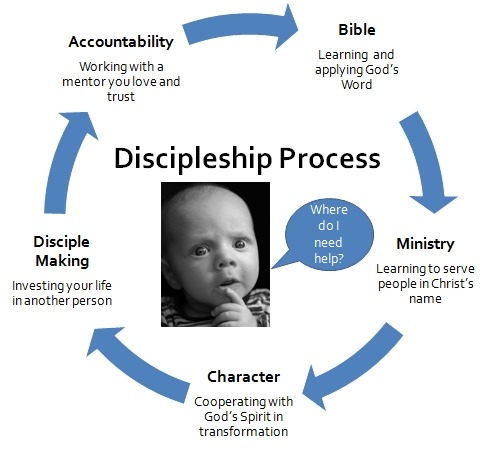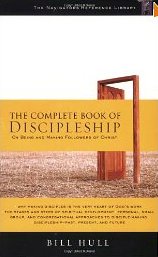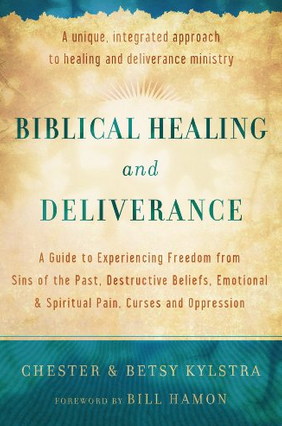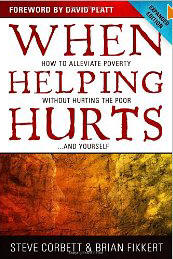by Bill Hull
First of all, Bill has been on his discipleship journey for about forty years. He has been writing about this topic for a long time, too. This is one of those books from which you will be quoting. Not only is there a wealth of information, but Bill challenges his reader to the core.
Bill deals with the “elephant in the room” – consumerist non-discipleship Christianity. He shows how capitulation to our culture has robbed the church of her obedience, power, and vibrancy. He also addresses the false notion that discipleship can be thought of as a program for new believers that can be checked off the list and moved beyond. Discipleship is a lifetime journey.
Bill gives his readers a brief overview of the history of discipleship in the church, beginning with the Greco-Roman world up through Dietrich Bonhoeffer. At the end of the book he catches us up on present thoughts and practices. He also covers the marks of a disciple, the stages of discipleship, what is involved in spiritual transformation, the various approaches to disciple making, the role of small groups in the process, how discipleship works in the church, leaving a generational legacy through discipleship, and, finally, the future of discipleship. At the end of the book, referring to some of Barna’s research, he gives five examples of churches which seem to be doing a good job at making disciples, each one doing it a different way.
Some of the “gems” that I have taken from my reading of this book are below. I suppose everyone will be impacted slightly differently, depending on where each of us are in our own journey; but, I believe any serious disciple will benefit from giving this work a chance.
The Discipleship Cycle
(The graphic below is my design.)
 Bill shares that most churches do a pretty good job at focusing on growth in knowledge of the Bible, learning ministry skills, and focusing on inner character transformation. Where we break down is usually in the area of being personally accountable to a mentor and in making a commitment to invest in at least one other person at any given time. I would add that unless sharing the Gospel with those who do not yet know Christ is added to the cycle, we will miss a fundamental aspect of disciple making.
Bill shares that most churches do a pretty good job at focusing on growth in knowledge of the Bible, learning ministry skills, and focusing on inner character transformation. Where we break down is usually in the area of being personally accountable to a mentor and in making a commitment to invest in at least one other person at any given time. I would add that unless sharing the Gospel with those who do not yet know Christ is added to the cycle, we will miss a fundamental aspect of disciple making.
Bill talks about entering into training rather than simply trying harder. He emphasizes the importance of cultivating the inner life, something that is a little foreign to many evangelicals formed by our consumer culture. Bill also is big on having a manageable way to measure progress, which evidences his leaning toward the engineer mindset. (See my summary of Peter Block’s book, The Answer to How Is Yes.) This does not mean we become regimented or program-oriented, but it does require giving some thought to providing a way to facilitate growth.
One of the best sections addresses the need for leaders to “detox” by giving up the “gods” that traditionally have ruled over our concept of church “success” and which militate against true discipleship. The first of these is the worship of attendance. Quoting Dallas Willard, Hull writes:
We must flatly say that one of the greatest contemporary barriers to meaningful spiritual formation into Christlikeness is overconfidence in the spiritual efficacy of “regular church services.”… One way to give up the god of attendance is to replace it with a different goal. When our goal moves from wanting recognition from others to the transformation of others, we put the god of attendance in its place. (p.265)
Secondly, leaders must stop bowing down to the god of “increase.” I will quote one line:
“Perhaps the toughest place to decrease is in the influence and power we hold over people around us. Any leadership based on increasing the leader is wrong.” (p.267)
The third “god” that must be dethroned in our lives is “competence.”
The culture honors competence. But the myth of competence is thinking that we’ll outgrow our weaknesses, sins, fears, and disappointments. The myth is that we’ll reach a place of spiritual competence where we’ll “get it together.” Those times never come. In fact, as we become more like Jesus, our dependence on God increases… Our wounds and weaknesses are real; our inabilities are exposed for others to see. When we lead with our weakness and our wounds, we gain a powerful way to touch others around us. (p.268-9)
Hull exhorts leaders to focus on the development of the inner life and giving ourselves over to the principle of discipleship.
“The principle of God’s plan of discipleship is the impact of one life on another – the character, skill, and perspective of one godly person influencing another willing person.” (p.270)
A final benefit is that this book provides a wealth of lists of reading materials for the person who wants to go deeper into learning about this most interesting and important topic. You should read this book!




